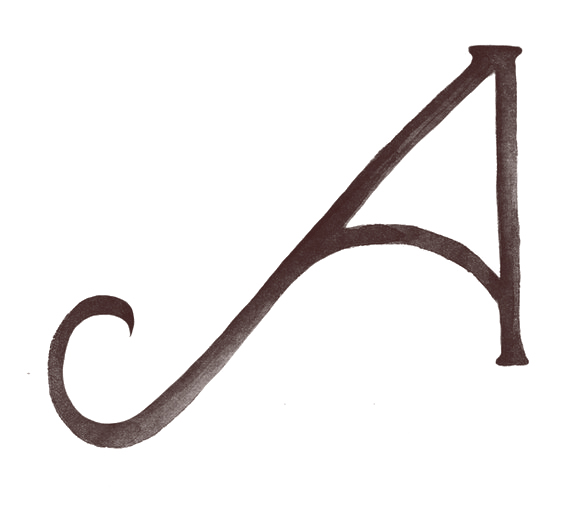On teaching (and learning) great poetry
Being a parent provides opportunities to see how the next generation of writers is being taught.
My son, a year 7 student, is studying poetry at the moment. I was pleased recently, when he told me he'd been asked to learn, so he could recite, a short poem of his choosing. He chose a piece by A. A. Milne, one of my favourite writers for children. But the choice did not go down so well at school. Apparently the chosen poem was too unsophisticated and he was told to learn something more 'adult'.
There was an inherent misunderstanding in this well-intentioned teaching direction.
Great poetry, indeed great writing, addresses its audience without compromising the technical aspects of the craft, or the particular requirements of the type of writing — in Milne's case a nuanced narrative about pride and hubris, albeit cloaked in whimsy. So my son found a second-rate poem online while Milne's mastery of rhyme, rhythm, narrative and gentle humour was tossed into the educational waste basket.
Such dismissal of writing for children, or good writing of any kind and for any audience, smacks of literary snobbery, something our schools should not be encouraging.
(A. A. Milne's 'The Knight Whose Armour Didn't Squeak' can be found at AllPoetry.com where you may read it with pleasure, and without either guilt or shame).
May your words pour onto the page,


